Following the progress of the Reconstruction amendments and the Civil Rights Acts of 1866 and 1875, the five Civil Rights Cases of 1883 — in which the Supreme Court held that the 13th and 14th Amendments did not empower Congress to outlaw racial discrimination by private individuals — were a step backwards in terms of justice and liberty.
Public reaction to the Supreme Court’s decisions was immediate and widespread. Frederick Douglass spoke at length about his dissatisfaction with these decisions at a Civil Rights Mass-Meeting held at Lincoln Hall in Washington, D.C., on October 22, 1883. He detailed the painful history of slavery and oppression, and declared that the greatest threat to liberty were those in government who supported taking away the human rights of the formerly enslaved.
Douglass said, in part:
Fellow-citizens! While slavery was the base line of American society, while it ruled the church and the state, while it was the interpreter of our law and the exponent of our religion, it admitted no quibbling, no narrow rules of legal or scriptural interpretations of Bible or Constitution. It sternly demanded its pound of flesh, no matter how much blood was shed in the taking of it. It was enough for it to be able to show the intention to get all it asked in the Courts or out of the Courts. But now slavery is abolished. Its reign was long, dark, and bloody. Liberty now, is the base line of the Republic. Liberty has supplanted slavery, but I fear it has not supplanted the spirit or power of slavery. Where slavery was strong, liberty is now weak.
O for a Supreme Court of the United States which shall be as true to the claims of humanity as the Supreme Court formerly was to the demands of slavery! When that day comes, as come it will, a Civil Rights Bill will not be declared unconstitutional and void, in utter and flagrant disregard of the objects and intentions of the National legislature by which it was enacted, and of the rights plainly secured by the Constitution.
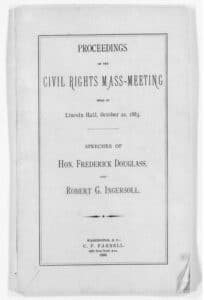
Proceedings of the Civil Rights Mass-Meeting held at Lincoln Hall, October 22, 1883. Speeches of Hon. Frederick Douglass and Robert G. Ingersoll. Source: Colored Conventions Project
This decision of the Supreme Court admits that the Fourteenth Amendment is a prohibition on the States. It admits that a State shall not abridge the privileges or immunities of citizens of the United States, but commits the seeming absurdity of allowing the people of a State to do what it prohibits the State itself from doing.
The Court’s decisions in the Civil Rights Cases of 1883 led to the widespread segregation of Black people in housing, employment, and public life, confining them to second-class citizenship in the United States until the passage of civil rights legislation in the 1960s.
Teach Reconstruction
The Zinn Education Project produced a national report on the teaching of the Reconstruction era. The report examines state standards, course requirements, frameworks, and support for teachers in each state. It also includes stories about creative efforts by districts and/or individual teachers in each state to teach outside the textbook about Reconstruction.

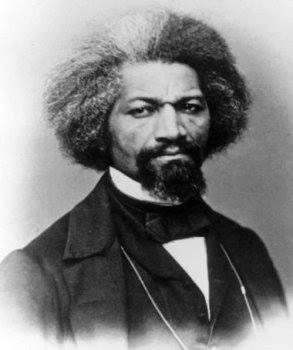
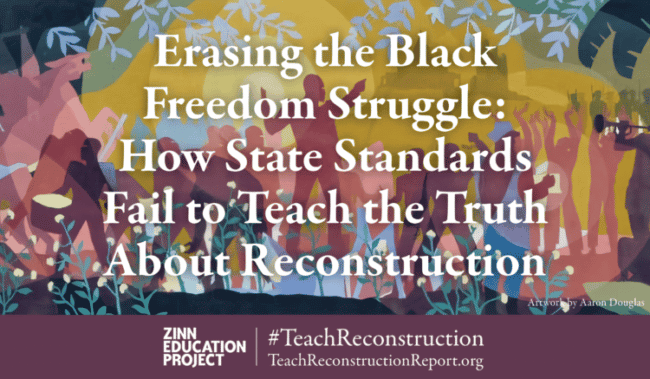
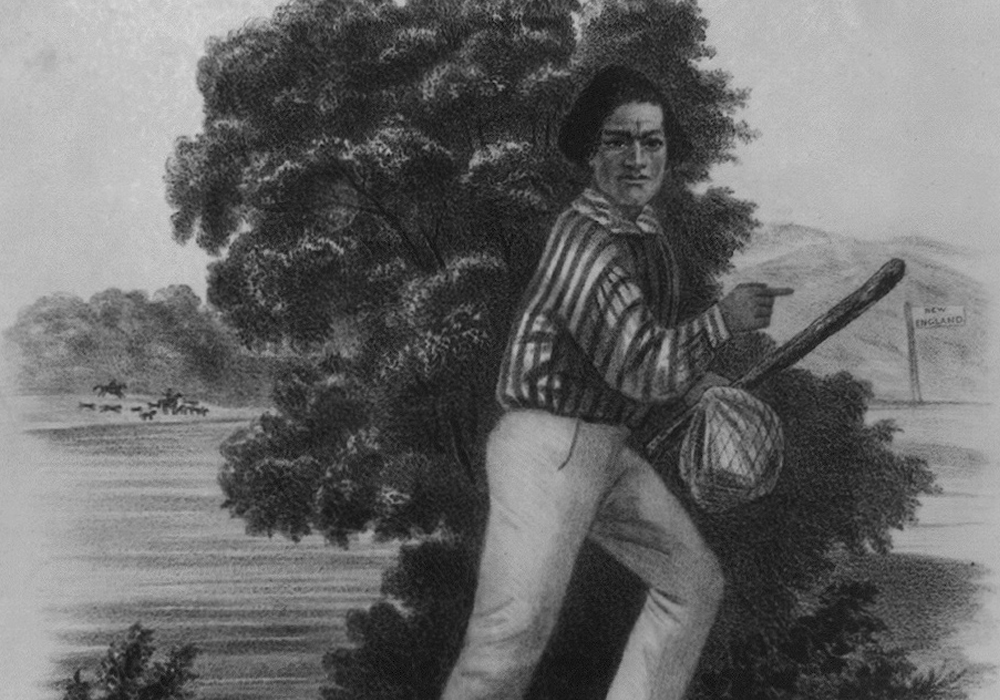
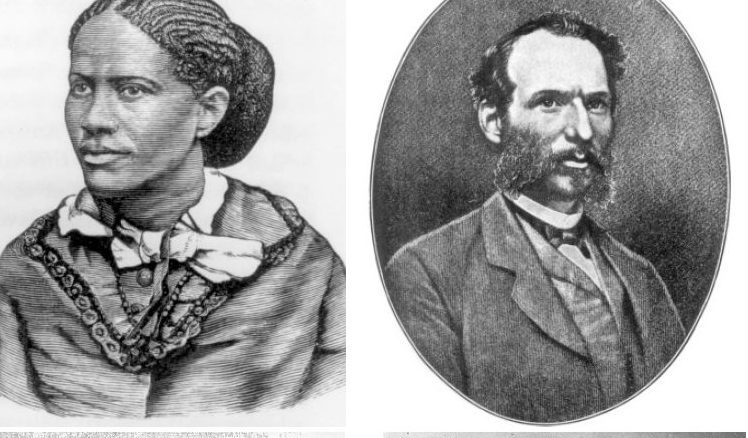
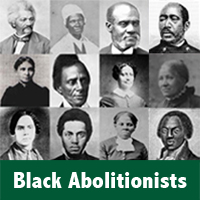
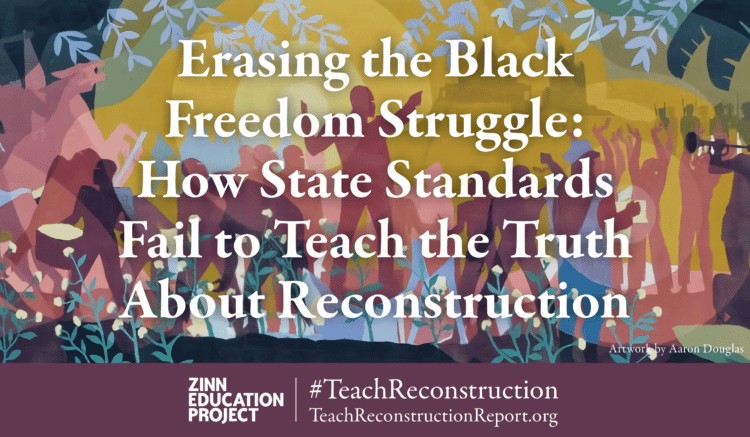
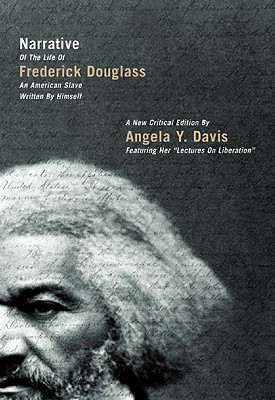
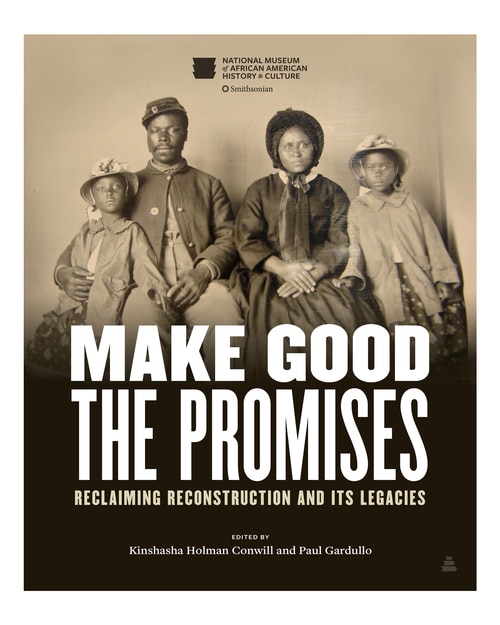
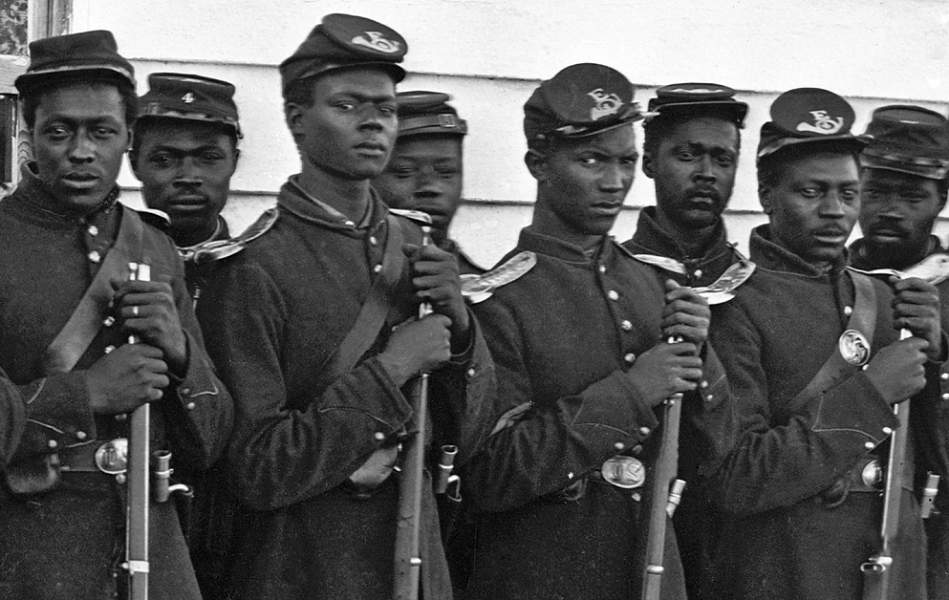
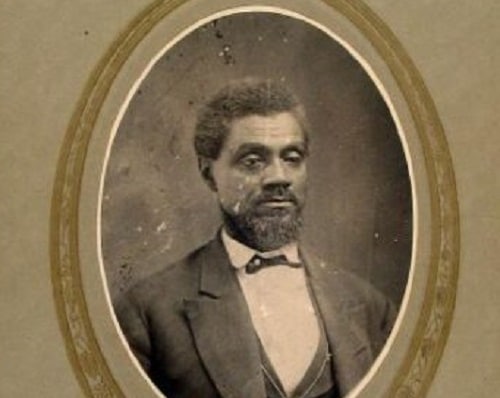
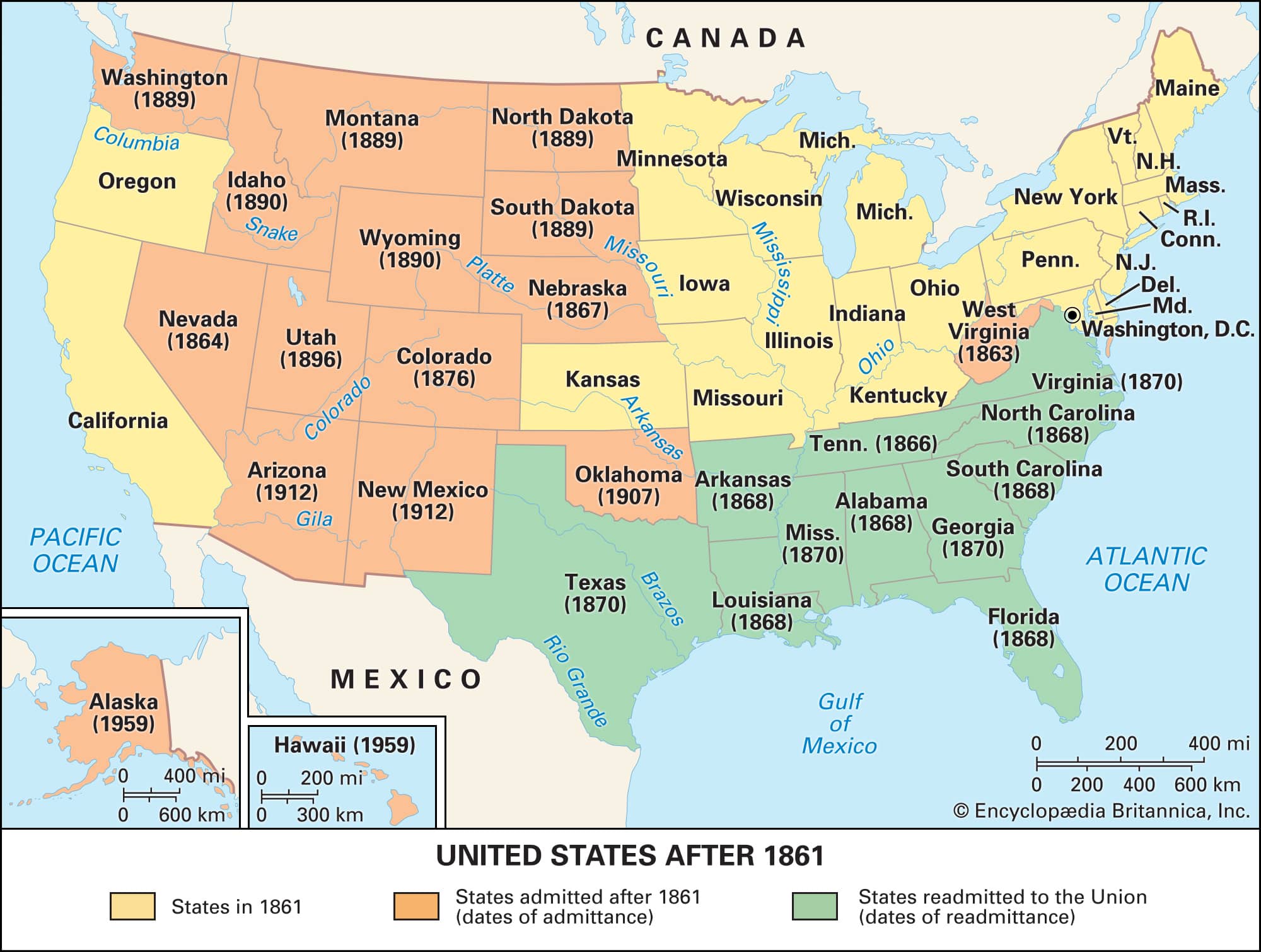
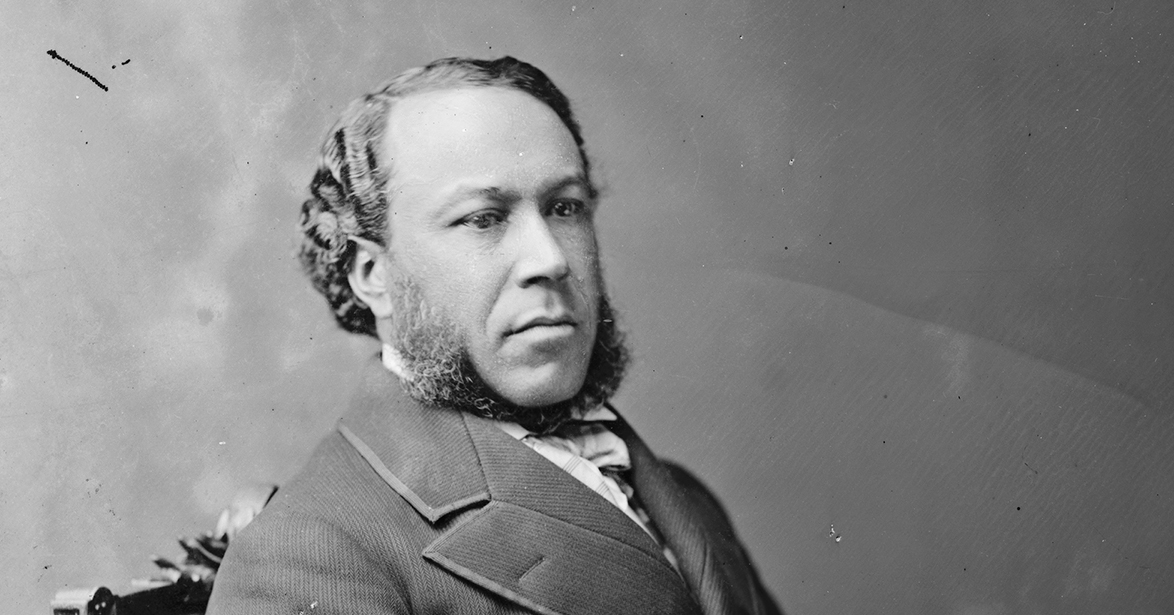
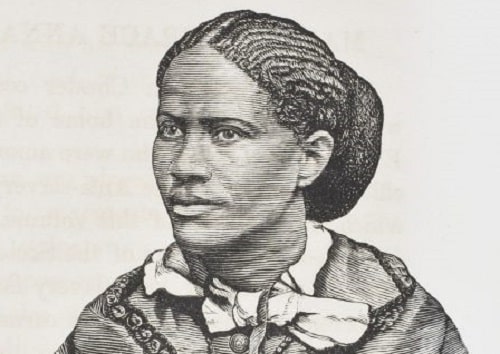
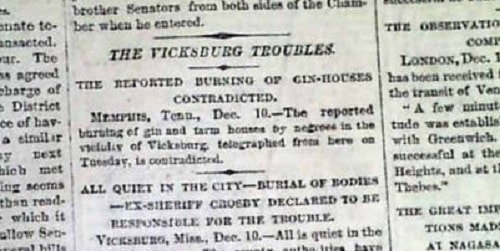





Twitter
Google plus
LinkedIn